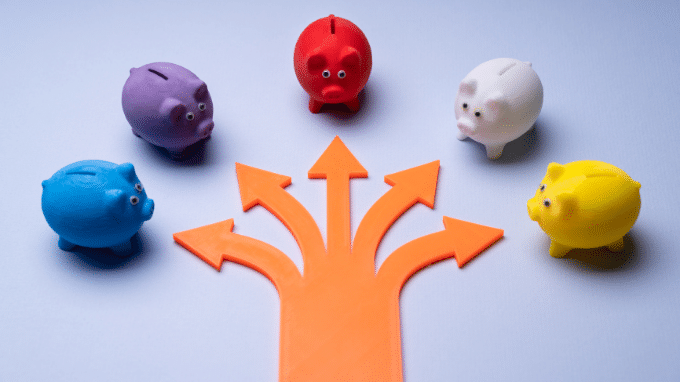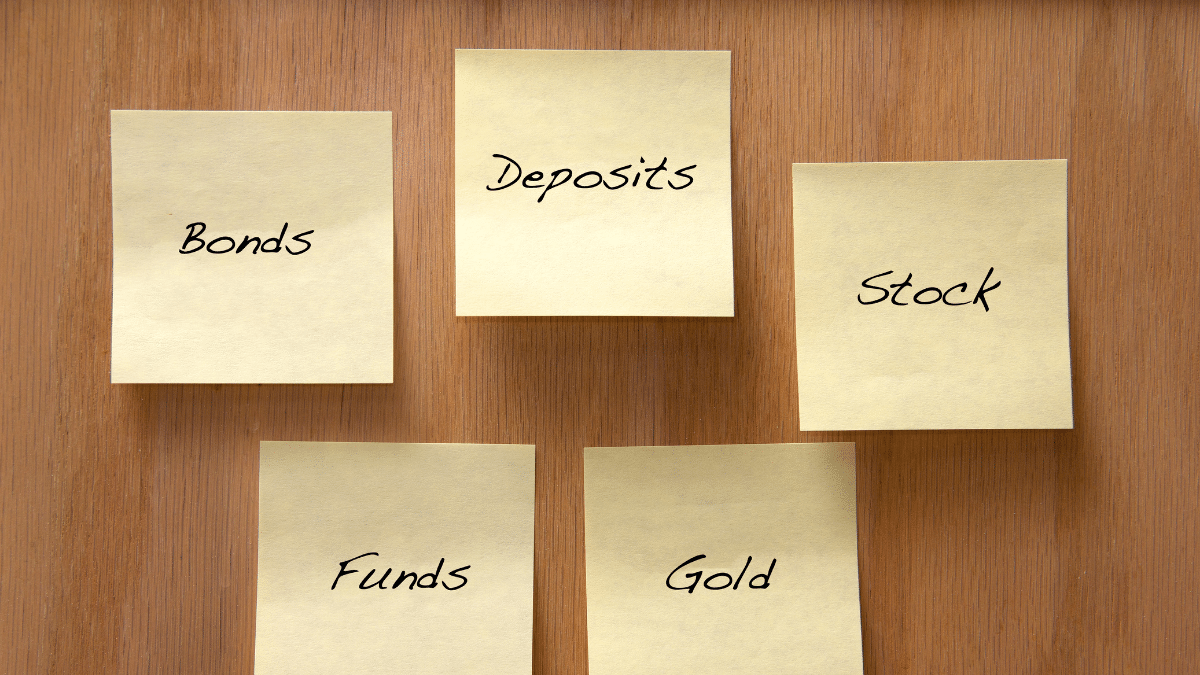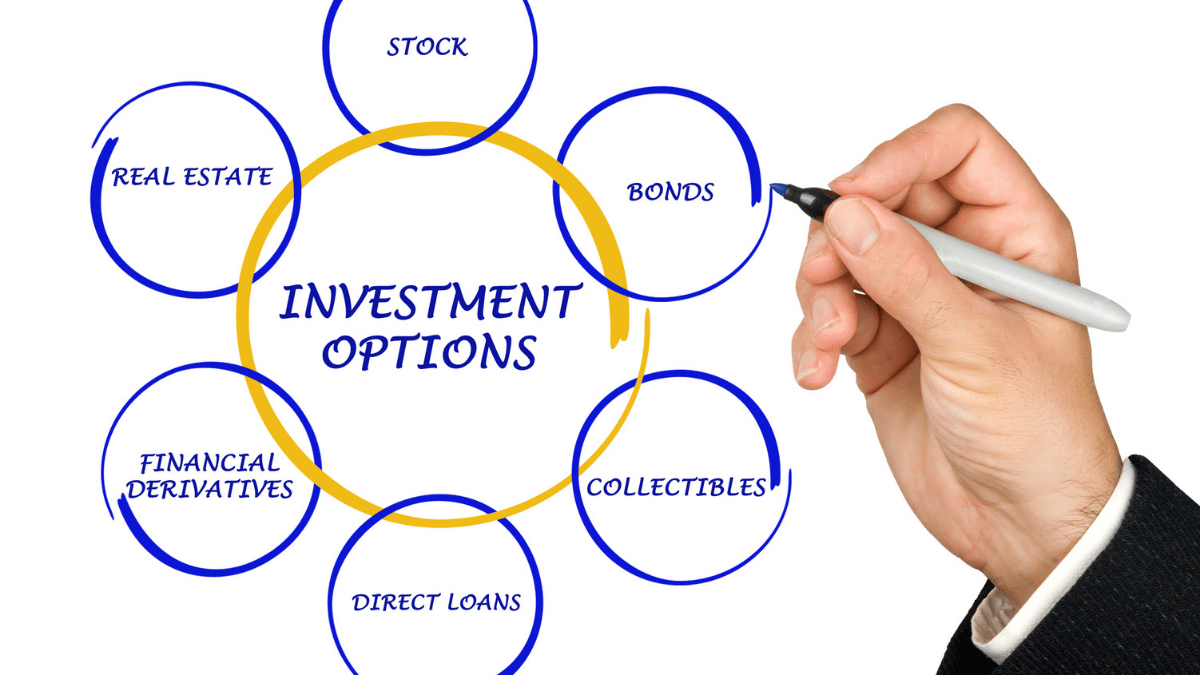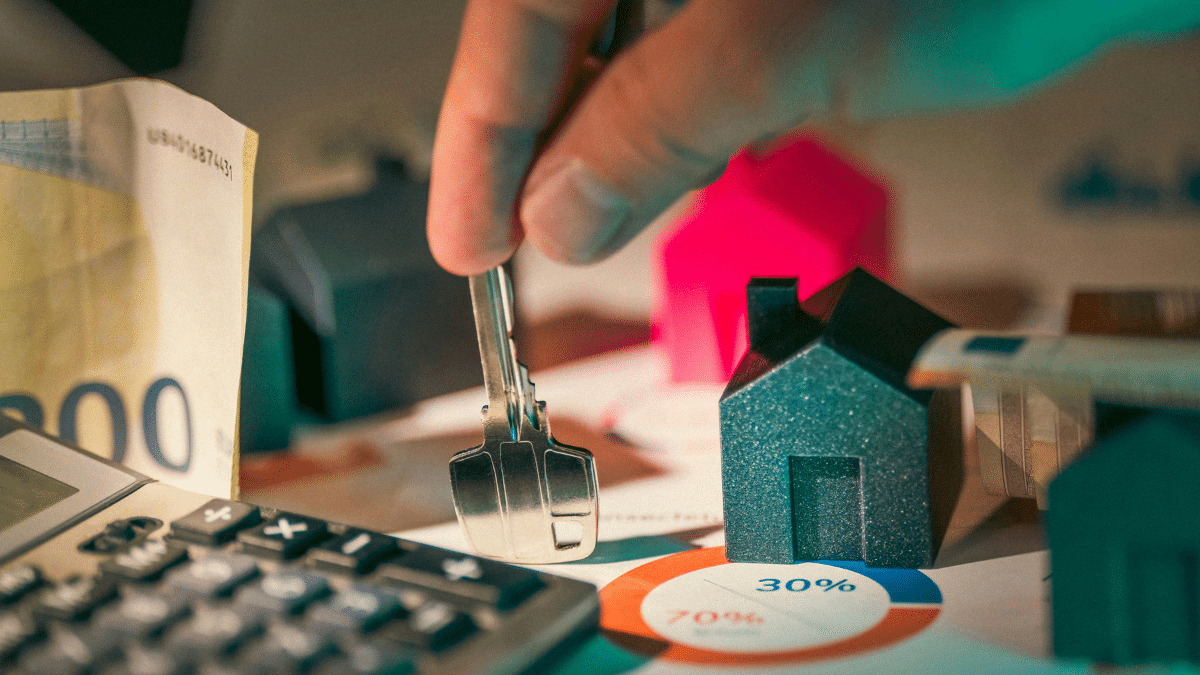Shares, Bonds, or Property? Understanding Investment Options in South Africa

Ever wondered where your money should go once you’ve got some savings?
Should you buy shares? Invest in government bonds? Or maybe save up for a property?
These are questions thousands of South Africans are asking right now.
And with rising inflation, economic uncertainty, and fast-changing financial markets, the answers can feel overwhelming.
Here’s the good news: you don’t need to be a finance expert to start investing wisely.
What you do need is a basic understanding of how different investment options work—and which one (or combination) makes the most sense for your goals.
In this guide, we’ll break down shares, bonds, and property in a simple, practical way.
Because growing your wealth should be accessible to everyone—not just financial gurus.
Let’s dive into these basic investment options together.
Why Investment Knowledge Matters More Than Ever?
In 2025, saving your money in a standard bank account might feel safe—but it won’t grow fast enough to beat inflation.
That means the buying power of your cash is actually shrinking.
Investing is how you grow your wealth over time.
It’s how you plan for retirement, future education costs, homeownership, or even early financial freedom.
Yet, less than 10% of South African adults own any investment product outside of retirement annuities (FinScope SA, 2023).
That’s where better financial literacy South Africa content and access to financial planning education can make all the difference.
Now, let’s unpack your three core investment options.
Option 1: Shares (Equities)
What are shares?
When you buy a share, you’re buying a small piece of a company. If the company does well, you earn dividends or profit when the share price rises.
You can invest in local companies listed on the JSE (Johannesburg Stock Exchange) or international firms via platforms like EasyEquities, Satrix, or ETFs.
Pros:
- High potential returns over time
- Liquidity (easy to buy and sell)
- Ownership of real businesses
- Great for long-term growth
Cons:
- Requires emotional control during market dips
- Not guaranteed—there’s always some risk
Good to know:
- Shares are ideal for goals 5+ years away
- Diversify your portfolio to reduce risk
- Consider a low-fee ETF to start—these bundle shares across sectors and offer more stability
Option 2: Bonds
What are bonds?
A bond is a loan you give to a company or the government in exchange for interest over time. Think of it as you being the lender
In South Africa, you’ll find options like RSA Retail Savings Bonds, which are backed by the government and considered low risk.
Pros:
- Low risk—especially government bonds
- Predictable, fixed returns
- Great for preserving capital
- Can diversify your investment portfolio
Cons:
- Lower returns compared to shares
- Lock-in period (can’t always access your money quickly)
- Inflation can outpace returns if not managed carefully
Good to know:
- Bonds are ideal for conservative investors or those close to retirement
- Great to balance high-risk investments like shares
- Start with RSA Retail Bonds, available from R1,000, and track interest rates online at National Treasury.
You may also like: What You Don’t Know About Money Can Cost You—Here’s How to Fix It?

Option 3: Property
What is property investment?
This includes buying real estate for rental income or capital appreciation (value increase). You can also invest indirectly via REITs (Real Estate Investment Trusts).
Pros:
- Tangible asset
- Potential for dual income (rental + capital growth)
- Hedge against inflation
- Tax benefits in some cases
Cons:
- High upfront costs (deposit, fees, legal)
- Maintenance and tenant risk
- Not liquid—can’t sell quickly if cash is needed
- Market cycles can affect value
Good to know:
- Consider starting small (e.g. a student apartment or co-investment)
- Do your homework on location, interest rates, and hidden costs
- Use property as a long-term investment, not a quick win
Investment Options South Africans Should Understand Before Getting Started
Before jumping into any investment, ask yourself:
What’s my goal? (Retirement? Home in 10 years? Children’s education?)
What’s my risk tolerance? (Can you handle ups and downs?)
How long can I invest for? (Short-, medium-, or long-term?)
How much can I afford to lose—or grow?
Then:
Build an emergency fund first
Avoid investing money you need within the next 12 months
Consider combining all three: shares for growth, bonds for stability, property for income
Remember: the most successful investors are consistent, not perfect.
Tools and Platforms for South African Investment Options
You don’t need a broker or huge capital to start investing in 2025.
These platforms make it easier and more affordable:
-
EasyEquities
Invest in JSE or U.S. shares with as little as R5
Free educational content for beginners
Easy-to-use mobile app
RSA Retail Savings Bonds
Buy directly from the government
Safe and stable
Choose between fixed or inflation-linked options
-
Satrix
Low-cost ETFs (Exchange-Traded Funds)
Great for automated, diversified investing
Start with debit order or lump sum
Private Property + Property24
Research real estate values, listings, and trends
Useful for buying-to-rent strategies
Money management courses on platforms like Udemy, Fineduza.com, and GetSmarter
Learn financial planning education at your own pace
Affordable and accessible from anywhere
Real-Life Example: Lerato’s Investment Journey

Lerato, a 34-year-old teacher in Pretoria, started her financial journey in 2021 with zero investment experience.
She began by:
Saving R500/month into a tax-free savings account (TFSA)
Buying into a Satrix ETF via EasyEquities
Learning the investment basics through free content online
By 2025, she owns a small flat rented out to students and earns R3,500/month in passive income
Her advice?
“Start small. Stay consistent. Don’t wait to be rich to invest—invest so you can become rich.”
Read More- Creating a Budget That Works for You in South Africa
Comparing Shares, Bonds, and Property: A Quick Overview
Feature Shares Bonds Property
Risk Level Medium to High Low to Medium Medium
Liquidity High Medium to Low, Low
Return Potential High Moderate Moderate to High
Time Horizon Long-Term (5+ years) Medium-Term (3–5 yrs) Long-Term (5+ years)
Best For Growth seekers Stability seekers Passive income & growth
Start Amount R5+ R1,000+ R50,000+ (deposit)
Conclusion: Investment Options South African Starts with Smart Investing
You don’t need thousands of rands to begin investing.
What you need is knowledge, a plan, and the willingness to start—today.
Whether you choose shares, bonds, or property, what matters most is consistency and education.
Learning how to grow your money is one of the most valuable life skills you’ll ever build.
And with so many accessible platforms, money management courses, and financial planning education resources available—there’s no excuse not to take that first step.
Because the sooner you learn to invest wisely, the sooner you give your future self a chance to live more freely.

FAQs on South African Investment Options
-
For South Africans starting their investment journey, what is the safest choice?
Offering fixed or inflation-linked interest backed by the government, RSA Retail Savings Bonds are a fantastic low-risk choice.
-
With just R100, can I still invest?
Of course! Starting to invest in shares, or ETFs, for as little as R5 or R10 is possible with sites like EasyEquities and Satrix.
-
In 2025 is property a wise Investment Options?
This is possible, but only with appropriate investigation. Your return will be much influenced by location, interest rates, and rental demand.
-
Before I commit funds, how can I learn about investing?
Start with classes on investment fundamentals online or on Fineduza.com, where you will discover unambiguous, South African-oriented advice.
-
If I still owe money, should I invest?
Depending on things. First pay off any high-interest loans. If your budget permits, you can, nevertheless, make modest investments while paying off lower-interest loans.





